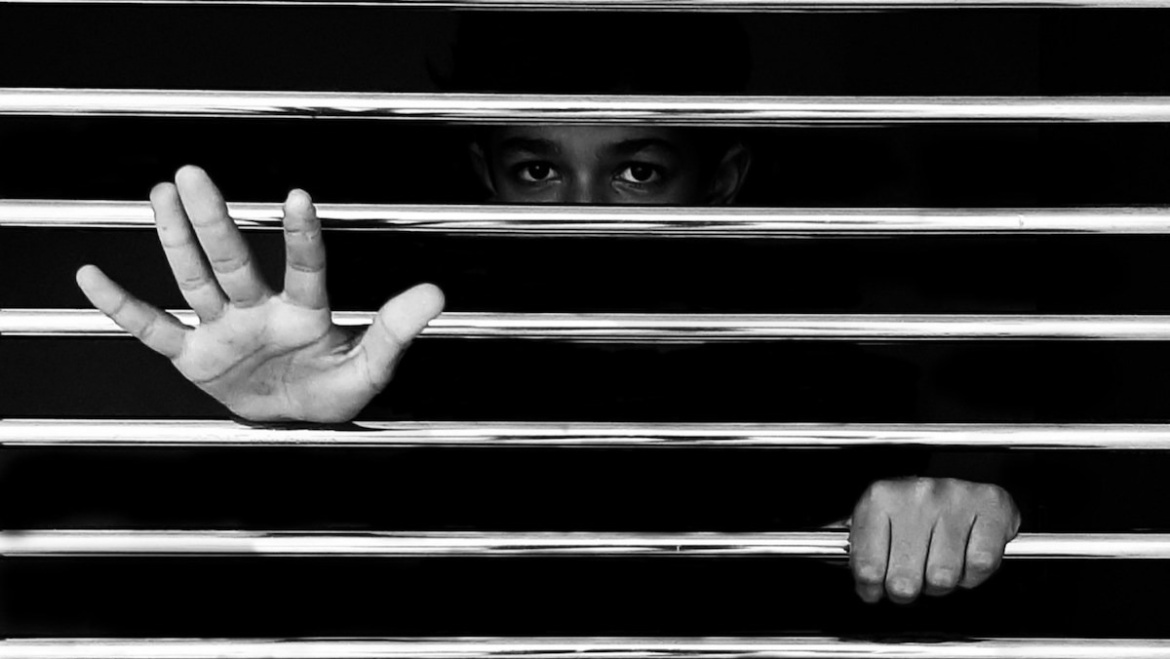The Stigma of Life After Prison
In today’s society, the impact of juvenile incarceration goes much beyond just the time served behind bars. It leaves a mark on several aspects of a person’s life, from education, job opportunities, and mental health to even creating challenges with simpler things that contribute to living in a society. This article takes a look at the often-overlooked challenges faced by incarcerated youths.
Understanding The Impact of Incarceration in Readjusting To The Outside World
When juveniles face incarceration at a young age, it disrupts their development far more significantly than we often realize. The average sentence given to an incarcerated youth is six months to a year, creating a large enough gap to create ripples in the life evident from the very minute they step out from behind bars. The period of readjusting to society, however, is the most challenging. Deferred semesters/years in their education, gaps in their resume, etc. can have lasting effects in this process.
Furthermore, certain experiences are important for the development of their mind and help shape their perspectives of the world, preparing them for the future. These experiences are also crucial in developing certain basic skills that are essential for growth often affecting basic child psychology. Specially their perception of reality and their decision-making, which makes it hard for them to cope and readjust after release.
Incarceration often leads to challenges like missing school credits, not being able to graduate from high school, not having the necessary skills to get jobs, etc. Which can disrupt a child’s life and the foundation of their transformation into adulthood.
According to a research paper by Justine Kaneda, the rate of reincarceration of adolescents is as high as 75% within 3 years of being released. Doing time in the juvenile system puts them behind their peers, leading to feelings of isolation in their experiences and the delayed timeline of their lives. This can even demotivate them from trying to seek opportunities or help with coping with the readjustment. Instead, it may lead them to go back into the juvenile system, as this is now the only life they know and understand.
Impact on Mental Health
Early childhood education is a crucial period of learning and the development of social skills and child psychology. Prison, however, is a restrictive and traumatic experience that can hinder emotional, cognitive, as well as social development, leaving lasting psychological effects on them.
Studies have revealed just how profound these psychological effects can be. Many young offenders experience high levels of anxiety, depression, and post-traumatic stress disorder (PTSD) as a result of their time in prison. This is only further worsened by the stigma associated with a criminal record, leading to mental health challenges, leading to feelings of shame, worthlessness, and social isolation.
Moreover, serving time causes significant disruption in a person’s perception of reality, making it difficult for them to adjust to life outside the system. They may struggle to relate to their peers, find employment, and navigate everyday situations, further extending the cycle of stigma and marginalization.
What happens after?
When trying to figure out the best way to help juvenile offenders is by understanding the main issue faced when rejoining and readjusting to society.
Upon release, children who have served their time in the juvenile system struggle to relate to their changed surroundings, making them feel out of touch with the world they once remembered. This disconnection can be overwhelming making it difficult for them to readjust without any guidance and support.
It is crucial to provide support and guidance to juveniles transitioning from prison to society. Research from Sandford University highlights that pediatricians can play an important role in reducing youth incarceration rates. Several other studies have also contributed to the further understanding of the significant psychological challenges young offenders face over time due to incarceration.
The Second Chance Scholarship Foundation has helped many from the juvenile system. Read some of our success stories here.


2 Comments
great blog
it was a nice read!
Add Comment